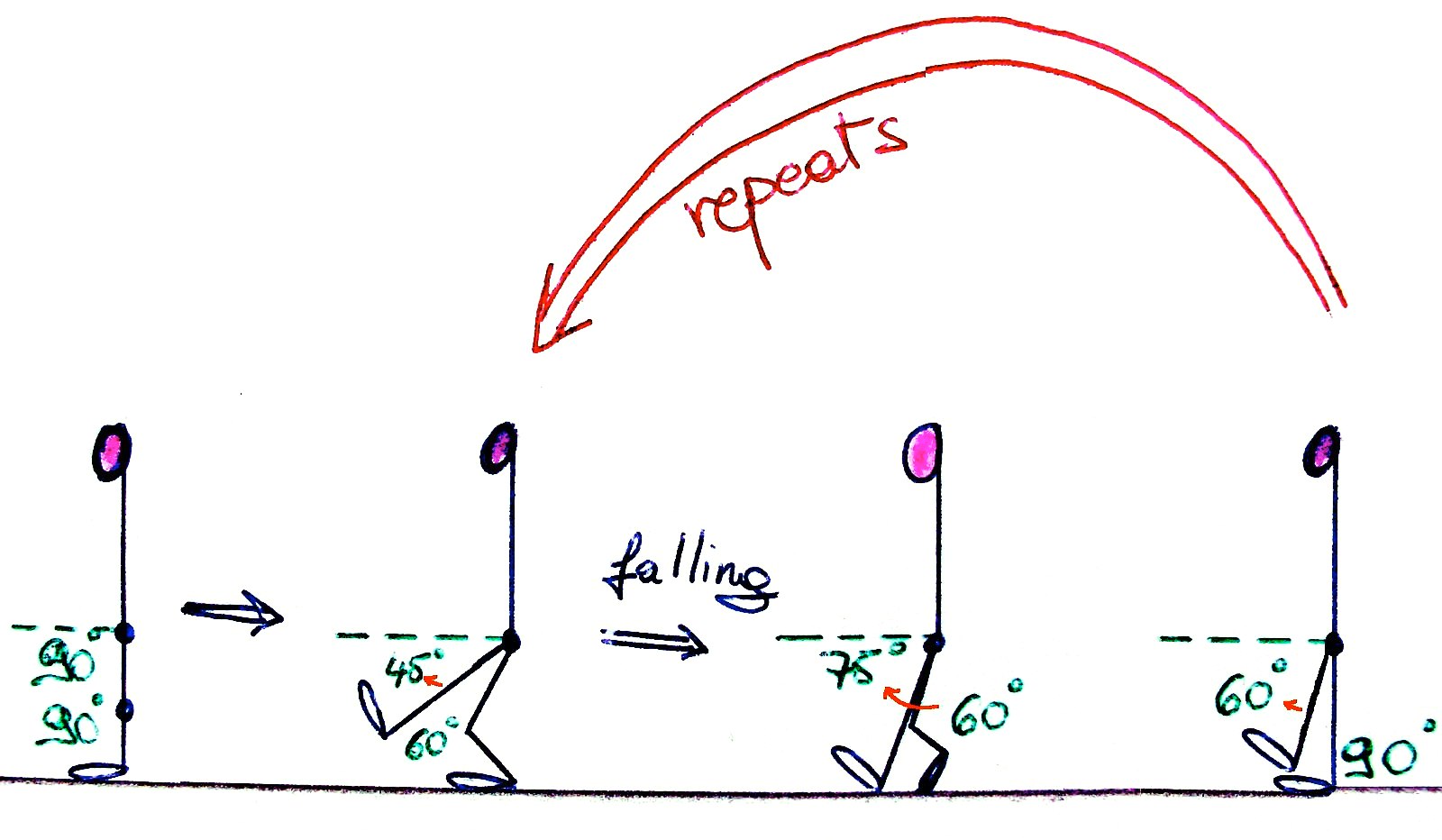apparatus

Flusser’s term Apparat, which can only be apparatus in English, has a pivotal position in his thinking about media. The word is not perfect, because it sounds like a machine. But it refers to a mesh between human beings and machines, or better, to an integration of human beings with communication technologies that tend to usurp human decision-making. To the extent the apparatus automates our thinking, it causes us to lose our capacity for dialogue (the field of all things new, creative). The apparatus promises to facilitate a creative, fully human society, but at the same time threatens to paralyse it.
It’s easy to underestimate the subtlety and pervasiveness of the enemy, though. It’s almost as though the battle against the apparatus must be waged in one’s own consciousness — say, between a person and her camera, or computer, or cell ‘phone. The philosopher Dieter Mersch once helpfully suggested that the apparatus is felt not as any assertive force or visible enemy, but as a gentle tug — a kind of invitation to be a bit lazy, to “go with the flow,” to let decisions be made for you.


